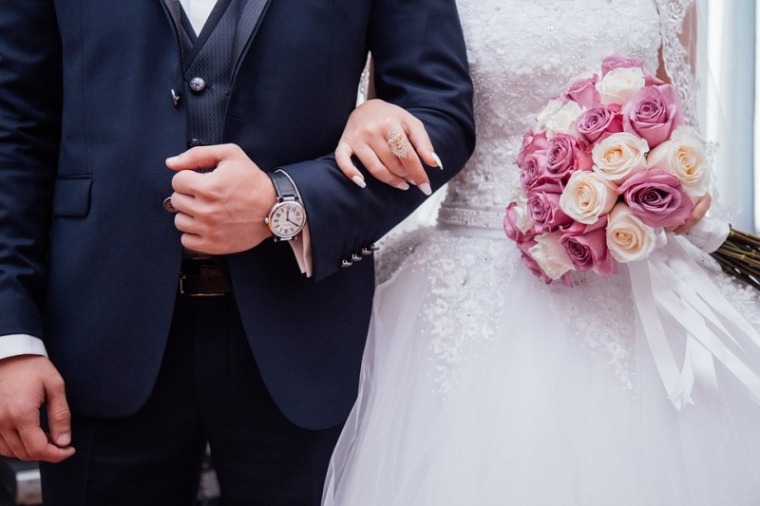
Josiah Gray and I will be getting married next month. In preparation for the marriage, I'm reflecting on the best advice we've received in going forward. I am unsure if these are the keys to a successful marriage, I write this article wryly, knowing many of you know better what will work. These are just pieces of advice passed onto us, that we will be testing out going forward.
The first advice was given to me when I met a marriage counsellor of 20 years. I asked him if he could give couples only one piece of advice, what would it be? His response:
When someone does something that triggers you, it is the result of your own trauma. Fix your trauma, not the other person.
There's a common idolatry of emotion in current culture. To some, it seems blasphemous to suggest that personality is not out of limits for improvement. Yet there are unhelpful emotions and beliefs the you and I currently hold that need to be dealt with. I had a conversation with a friend once where he asked if I was perfect. “Of course not.”
“That means that you are currently holding false beliefs, some of them are probably dear to you.” Some of the changes we need to make to have a healthy relationship are deep.
When a person feels hurt, we tend to feel that they are the victim. In a relationship when our partner hurts us, it is easy to think that they are in the wrong.
Rather than assigning blame, it has been more useful to question what within me has been hurt. Then, instead of trying to change the other person, trying to heal that sore spot within myself. The conversation becomes one of understanding myself, and seeking healing, instead of making the other change to protect myself.
Don't just react to life together, but proactively seek to create something together.
The joy of gardening is watching things bloom. If instead of trying to grow beautiful things we only pulled weeds, gardening would be unending torture. Relationship needs to be about growth. It has its share of weed pulling. The joy, though, is in growing and tending what is good.
Without this pursuit, it gets exhausting. We become trapped in unhelpful patterns. He doesn't put his socks away, I nag, he closes off the unpleasant experience, I feel unheard. We fight, we make up. He doesn't put his socks away.
Shifting the focus could mean discussing what we want our room to look like. What we could do in the morning tomorrow to make the day feel good. Something we want to save towards. The sock situation needs to change, but with the pursuit of other goals, we see that it is not the only situation.
Seek emotional differentiation.
Differentiation can be explained as two people sailing together in their own boats. Both maintaining their own vessel, both choosing to sail together. This challenges traditional perspectives of love, undermining the "you complete me" outlook.
It may not sound as romantic as dependency, yet its advantages cannot be overlooked. When both try to share one vessel, there must be perfect synchronisation at all times to avoid capsizing.
One rows faster: "I need you to pay me more attention, my needs are not being met!". The other rows slower, "I need space! You're so close I can't breathe." The relationship feels like an Olympic rowing team when you're in sync. It feels like drowning when you're not. This advice relieves the pressure on the other, and upon ourself, to always match pace.
Regardless of where the future leads, I am looking forward to discovering more about what marriage looks like. I want to create something with this man that will make God smile.
This advice may or may not work. Perhaps, more accurately, I may or may not follow it well. There is definitely a sense of optimism in going forward though, that I hope you also may share with me.

Frances Ducommun is from Brisbane Australia, a student of philosophy and artistic endeavors. She thinks she's funny, is constantly covered in cat hair and will substitute sleep with reading if no one keeps an eye on her.